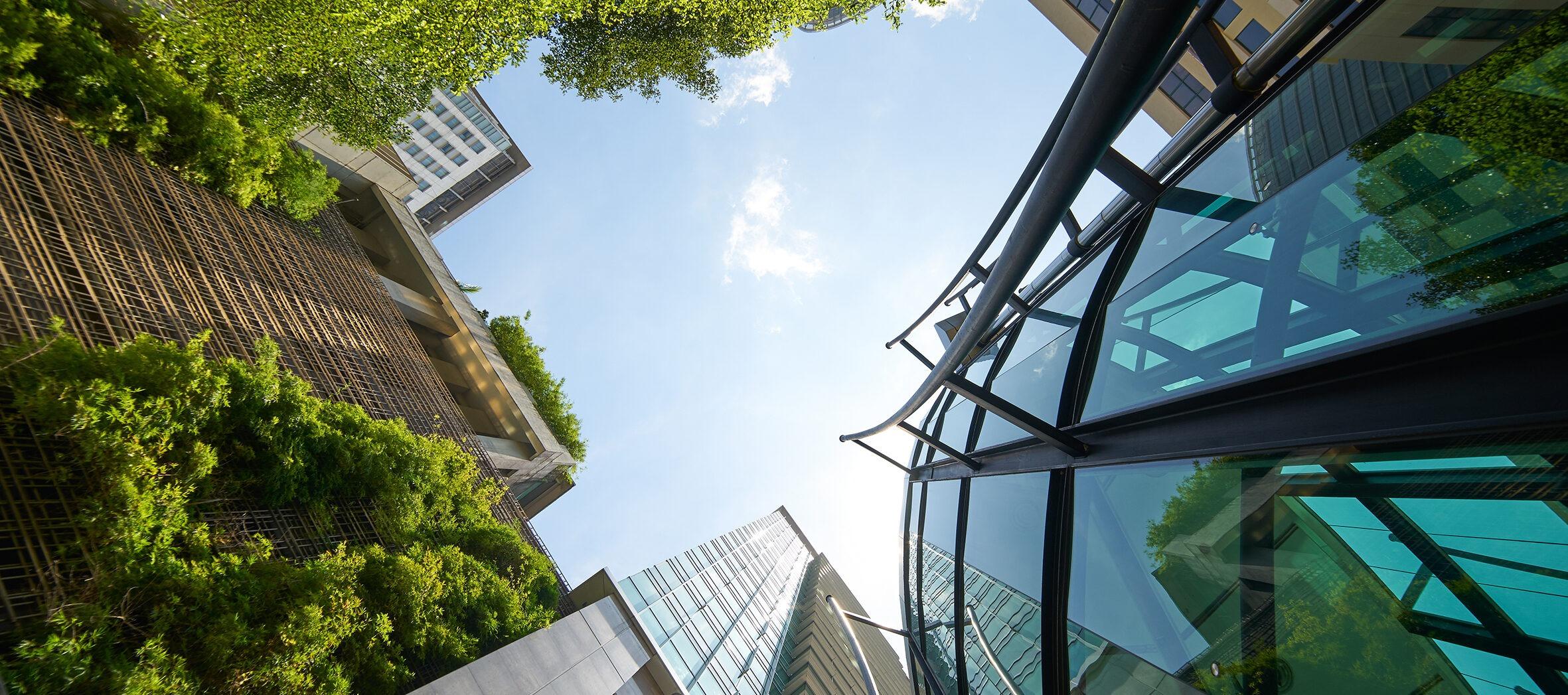As the established trade association and training body for the safety netting and temporary safety systems industry, FASET aims to always keep up to date with the latest news from the building access industry. We are pleased to share the following story from the Construction Leadership Council (CLC).
The CLC has welcomed the publication of Our Shared Understanding: a circular economy in the built environment, which unites the industry for a sustainable future, where we live within our planet’s capacity to provide resources and handle waste.
Our Shared Understanding sets out the core concepts that guide the transition to a circular economy. It will ensure we get the maximum benefits for people and planet, not only from managing resources and products more effectively, but also by getting more value from the use of assets and systems that last for years. T
he Green Construction Board has for a long time promoted the need for more circular approaches through the work of its Resources, Waste and Circular Economy Group. It has developed significant outputs like the Interpretation of Zero Avoidable Waste and the Zero Avoidable Waste Routemap, which sets key recommendations for industry and government on reducing waste in construction. Ongoing projects include the waste to landfill study, identifying waste streams by type and understanding the impacts of composite and the cost of waste.
ConstructZero is the CLC’s net zero carbon industry change programme, accelerating the sector’s transition to net zero. Its Performance Framework is underpinned by nine priorities and a set of 31 metrics, including retrofitting, waste reduction and reuse. Its public quarterly progress update reports have illustrated that by setting benchmarks and measuring progress, we are motivating and encouraging businesses to action, whilst helping those outside the sector understand our progress.
Commenting on this call for us to pull together to make a circular economy in the built environment go mainstream, David Pinder, Chair Green Construction Board, said: “At this time when we are all trying hard to understand how we can achieve our Net Zero targets in a challenging environment, it is encouraging to see the industry come together to agree how embracing circular principles can accelerate our progress. Through holding core concepts in common, we can make real progress.”
Micheala Chan, Net Zero & Biodiversity Young Ambassador, said: “The engineering and construction industry is one of the largest consumers of resources in the world. Embracing circular economy principles will enable us to reap multiple benefits (such as minimising our environmental impact, creating new jobs, and reducing costs), while also ensuring a sustainable and liveable future for all.”









